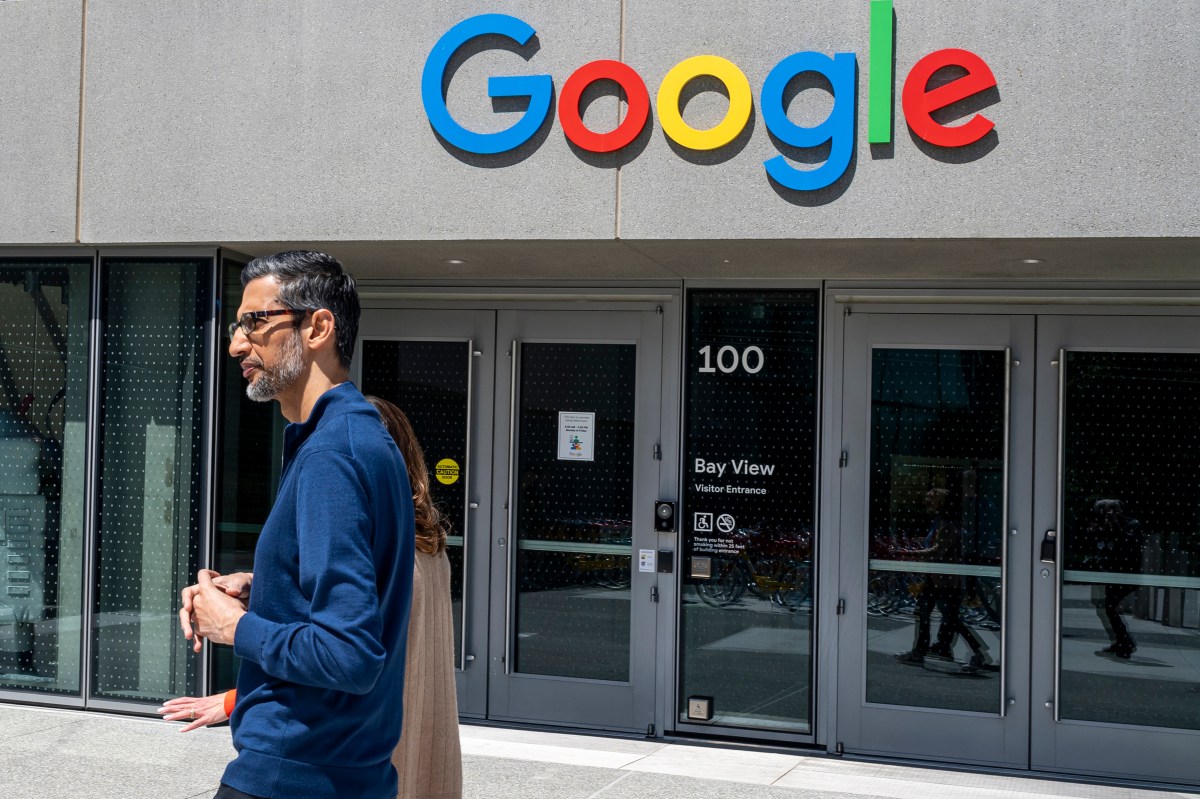The U.S. Justice Department has put forth a sweeping proposal to force Google to sell off parts of its business, potentially leading to the first major corporate breakup in four decades and reshaping one of the world’s most valuable tech companies.
The Department of Justice and a coalition of state attorneys general on Tuesday submitted a 32-page filing (PDF) for potential remedies to address Google’s monopolies in search and search advertising.
The proposed remedies framework, submitted to U.S. District Judge Amit Mehta, who ruled against Google in a landmark antitrust case last August, presents a range of options including behavioral restrictions and more drastic structural measures.
The DOJ has asked for remedies across four areas:
- Search Distribution: Restrict or eliminate default search agreements, pre-installations, and revenue-sharing deals. Consider structural remedies to separate Chrome, Play, and/or Android from Google. Limit Google’s control over emerging search technologies, including AI-powered features. Implement user education programs to promote informed search engine choices.
- Data Access and Usage: Mandate sharing of Google’s search index, data, algorithms, and AI models. Require transparency in search results, features, and ad ranking signals. Prohibit Google from leveraging non-shareable data due to privacy concerns. Implement measures to reduce rivals’ costs for data indexing and retention.
- Extending Search Monopoly: Limit Google from using contracts to undermine rivals’ access to web content, and allow publisher websites to opt out of AI training or appearing in Google-owned AI products such as AI summaries.
- Advertising Practices: Scale back or restructure Google’s advanced advertising products, including AI-driven tools. Explore options for licensing Google’s ad feed separately from search results. Increase transparency for advertisers, providing detailed auction and monetization data.
The DoJ also explained some of its logic around proposed remedies and why currently smaller revenue sources, such as artificial intelligence-based tools, should also be included. Remedies, it said, “should account for alternative and future forms of monopoly maintenance,” and that they should serve to “unfetter these markets from Google’s exclusionary conduct,” remove barriers to competition, and “deny Google the fruits of its statutory violations.”
Google responded in a blog post late Tuesday, calling the Justice Department’s proposal “radical and sweeping” and warning of potential “negative unintended consequences for American innovation and America’s consumers.”
The remedy is “far-reaching” and “goes a mile wide and an inch deep,” analysts at Bernstein cautioned on Wednesday in a note to clients.
“The last thing Google needs right now in the broader AI battle is having to fight with one hand tied behind their backs by regulators,” they wrote in a note to clients.
More to follow.
Additional reporting by Ingrid Lunden




